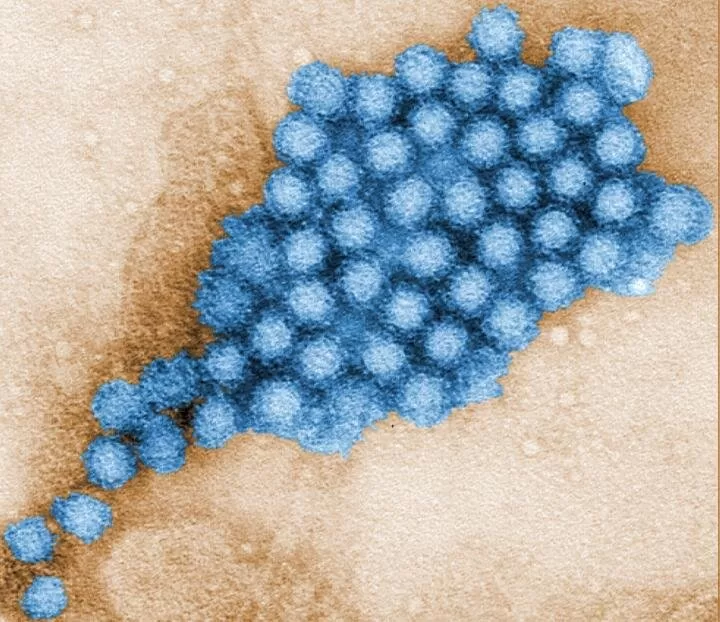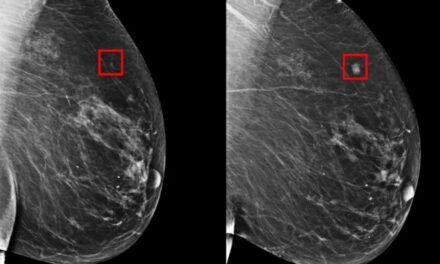January 7, 2025
The United States is witnessing a significant surge in cases of norovirus, a highly contagious virus known for causing severe vomiting and diarrhea. Often referred to as the “winter vomiting bug,” the virus tends to peak during the colder months, with the Centers for Disease Control and Prevention (CDC) reporting a rapid spread between November and April.
Dr. Shubham Vatsya, a senior consultant in gastroenterology and hepatology at Fortis Hospital, Vasant Kunj, explains the biology behind norovirus infections. “Norovirus invades the gut lining, causing inflammation in the stomach and intestines. This leads to symptoms such as nausea, vomiting, diarrhea, and abdominal cramps,” he says. The increased prevalence during winter, according to Dr. Vatsya, is influenced by both environmental and behavioral factors.
Why Winter Worsens Norovirus Spread
Winter creates ideal conditions for the virus’s transmission. People are more likely to gather indoors in close contact, increasing the likelihood of person-to-person transmission. “Low humidity levels during the winter months also allow airborne particles carrying the virus to linger for longer periods, facilitating its spread,” Dr. Vatsya adds.
Additionally, the virus is highly resilient, surviving on surfaces for up to 10 days. Combined with weakened immune defenses typical of colder weather, this resilience makes norovirus particularly problematic during winter.
Causes of Norovirus
The virus spreads easily through various channels:
- Contaminated Food and Water: Consuming food or beverages prepared in unhygienic conditions is a primary source of infection.
- Contaminated Surfaces: Norovirus can persist on non-living surfaces for days, spreading through contact.
- Person-to-Person Contact: Close contact with infected individuals, such as sharing utensils or towels, increases the risk.
- Crowded, Unhygienic Spaces: High-density areas like schools, hospitals, cruise ships, and event venues with poor sanitation amplify transmission.
How to Protect Yourself
Although norovirus is highly contagious, individuals can take steps to reduce their risk of infection:
- Practice Good Hygiene: Wash hands with soap and water for at least 20 seconds, especially after using the restroom, before eating, and when preparing food. Alcohol-based hand sanitizers are less effective against norovirus.
- Wash Food Thoroughly: Clean fruits and vegetables properly and avoid dining in unhygienic establishments.
- Disinfect Surfaces: Regularly clean high-touch surfaces with bleach-based cleaners, especially in crowded or communal spaces.
Staying Safe During Peak Season
As norovirus cases continue to rise, vigilance is key. By maintaining strict hygiene practices and being mindful of potential sources of infection, individuals can help curb the spread of the virus. With its resilience and ease of transmission, norovirus remains a winter threat, but proactive measures can significantly reduce its impact.












